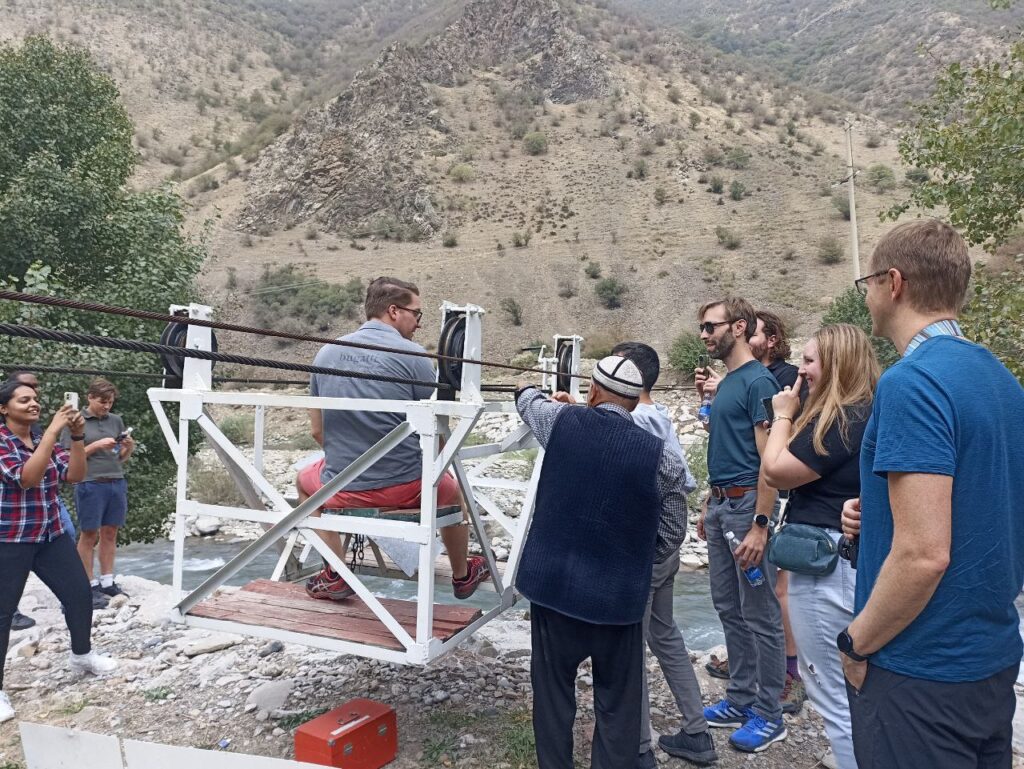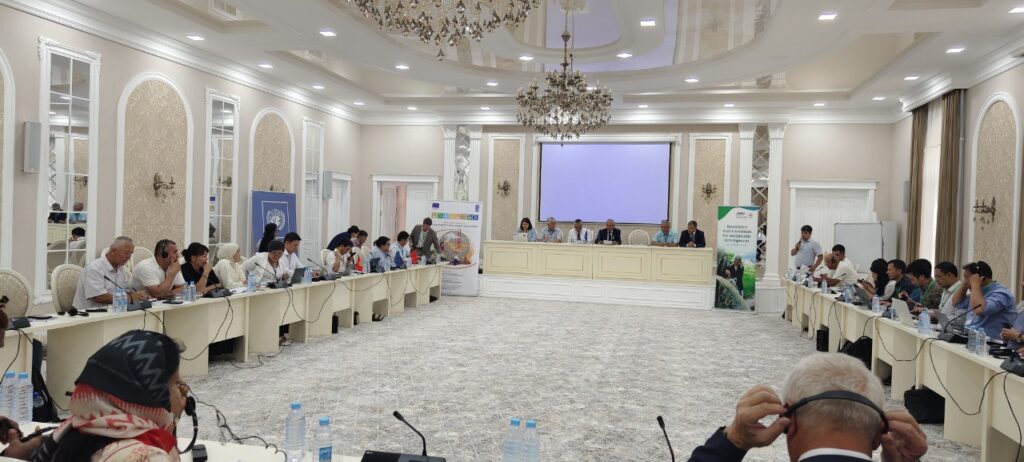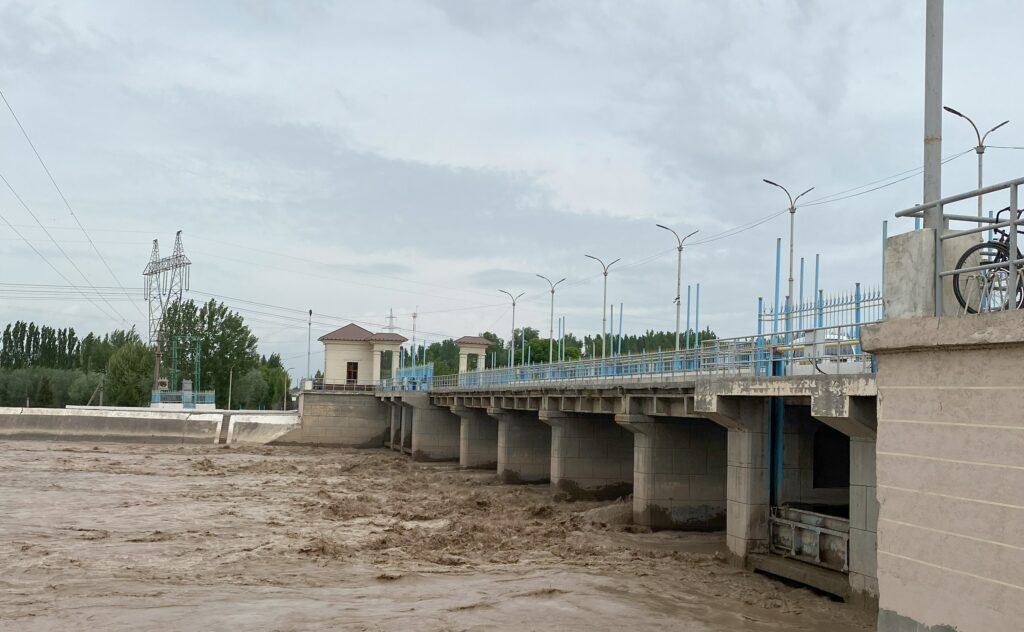Collaborative Research at Manchester Bolsters WE-ACT and TRANSCEND Projects

Gautamee Baviskar, a PhD candidate at the University of Twente, is collaborating with the TRANSCEND project team at Manchester University to enhance research initiatives within the EU-funded projects WE-ACT and TRANSCEND. Working with the AquaCrop-OS model, this partnership focuses on advancing sustainable practices and improving water management strategies across different regions.
How the WE-ACT Project is Uniting Stakeholders to Improve Water Management in Central Asia

In this blog, we explore how the WE-ACT project is transforming water management in Central Asia. Discover how the project is uniting stakeholders from across borders, promoting dialogue, and aligning with European values of regional collaboration. Learn about the key activities and achievements that are paving the way for a more sustainable approach to managing the Syr Darya, Naryn, and Karadarya rivers amidst climate change.
Transboundary Water Co-operation: ‘Pathway from the Fergana Valley Experience to the Waters of South Asia’Transboundary’

Explore insights from IWMI’s workshop on transboundary water cooperation in Central Asia, held on June 27, 2024, at Hotel Asia in Fergana, Uzbekistan. Topics include climate resilience, gender equity, and technological solutions for sustainable water management.
WE-ACT Team Discovering the Fergana Valley

During the WE-ACT team’s field trip to Uzbekistan’s Fergana Valley, the team explored the area’s rich cultural heritage and natural beauty, gaining invaluable insights into the local water management systems. The region has two important hydrological monuments the Andijan Dam and Reservoir, which are vital for irrigation and water supply. The team observed both traditional and modern irrigation techniques employed by local farmers. This experience highlighted the region’s pressing challenges in water allocation and underscored the importance of sustainable water management practices, which are essential for balancing development with environmental preservation.
WE-ACT General Assembly: Advancing Water Management in Central Asia

The WE-ACT General Assembly, held in Tashkent, Uzbekistan from April 23rd to 24th, 2024. The event focused on advancing water management in Central Asia through keynote speeches, collaborative sessions, and innovative demonstrations. Notable moments include the introduction of serious games for interactive learning and decision making, and a visit from BWO SyrDarya and SIC ICWC, emphasizing the importance of end-user engagement. Overall, the assembly exemplifies collective efforts towards sustainable water allocation in the region.



